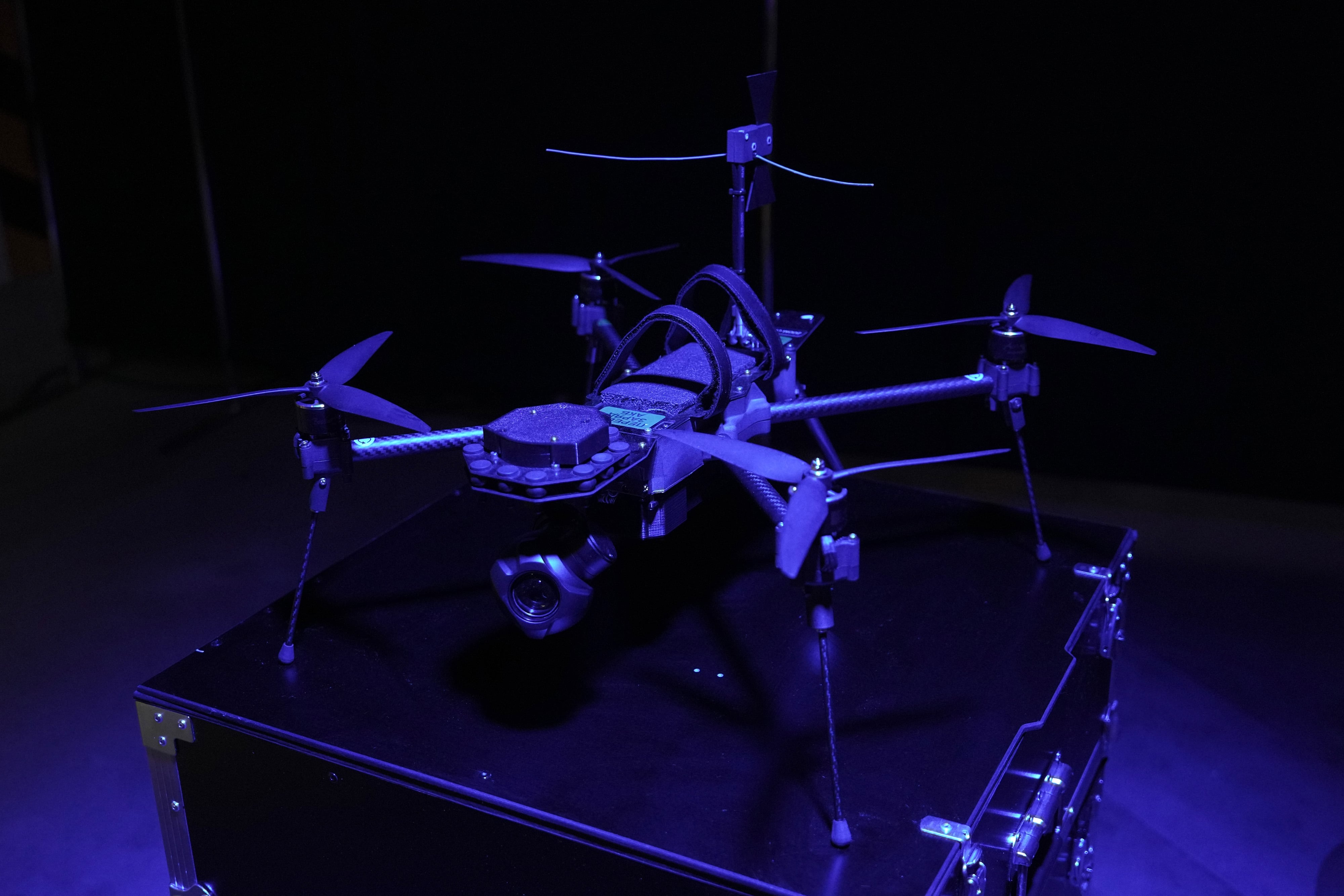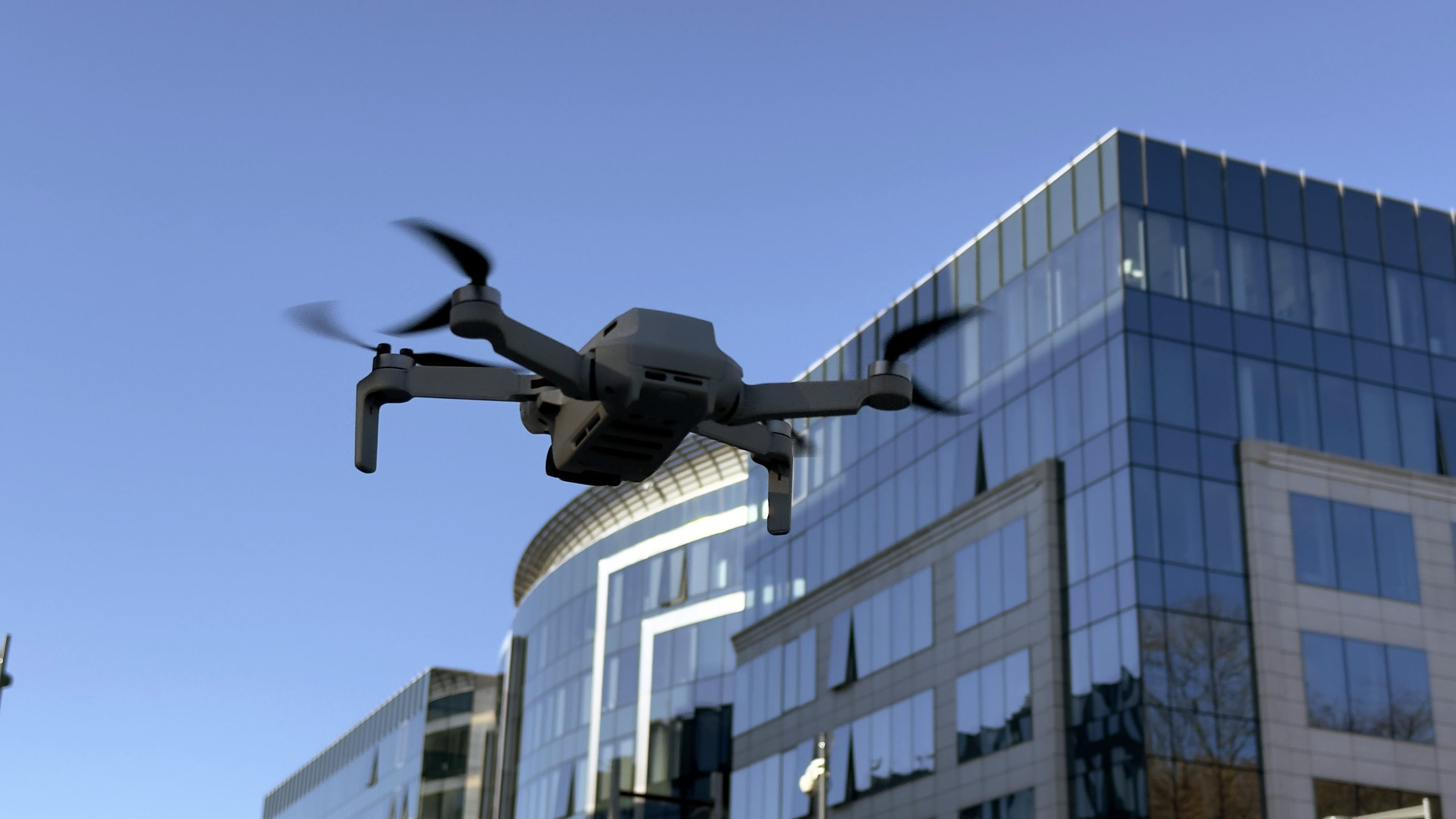ANKARA, Turkey — Tunisia has awarded a contract to Turkish Aerospace Industries for the supply of six Anka-S drones, three ground control stations and an unspecified level of technology transfer.
Turkish procurement officials said TAI had been awaiting a deal with the government there for more than a year to sell its Anka-S drone. Industry sources said the contract is worth $240 million.
One TAI official said the company also is in talks with Tunis for the sale of armed Anka drones. TAI has long been thriving to penetrate the emerging North African market.
Anka-S is the serial production variant of Anka, a medium-altitude, long-endurance UAV, the first drone developed by TAI for the Turkish military.
In 2013, TAI signed a contract with Turkey’s defense procurement agency, now SSB, to develop and produce 10 Anka-S drones. The aircraft performed its maiden flight in September 2016, and its serial production took off in 2017.
The Anka-S can conduct a range of missions such as real-time intelligence, surveillance and reconnaissance; communication relay; target acquisition; and tracking.
The drone’s composite structure integrates a locally developed, fully autonomous flight control computer to provide autonomous waypoint navigation and flight control. The autonomous system also enables the UAV to automatically return to the predefined location in the event of loss of communication with the ground control station.
The synthetic aperture radar (SAR), an inverse SAR (ISAR) and a ground moving target indicator radar onboard the UAV are used to detect, identify and track stationary or moving ground targets.
The Anka-S variant is fitted with a modified radome structure incorporating a high-power Viasat VR-18C airborne satellite communications antenna, which provides secure, high-speed, beyond line-of-sight communications.
With a payload capacity of 200 kilograms, the Anka-S platform can carry a range of mission-specific payloads.
The Anka-S has two underwing weapon stations, which can carry weapons such as the Roketsan Smart Micro Munition’s air-launched missile launcher and the Cirit 2.75-inch guided rocket pod to engage light-armored vehicles, personnel, military shelters and ground radar stations.
Burak Ege Bekdil was the Turkey correspondent for Defense News.








